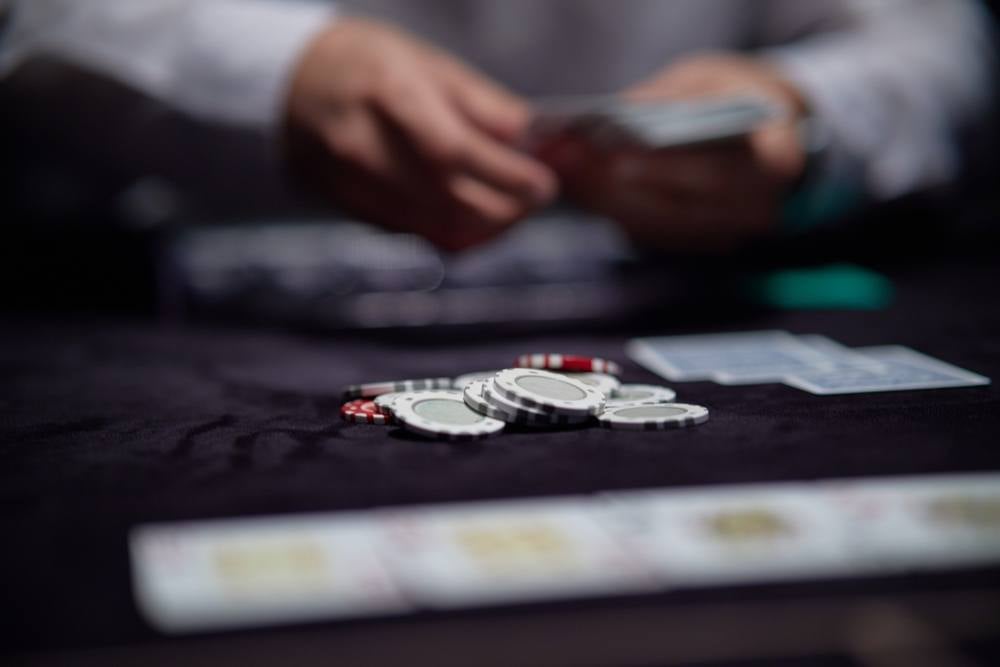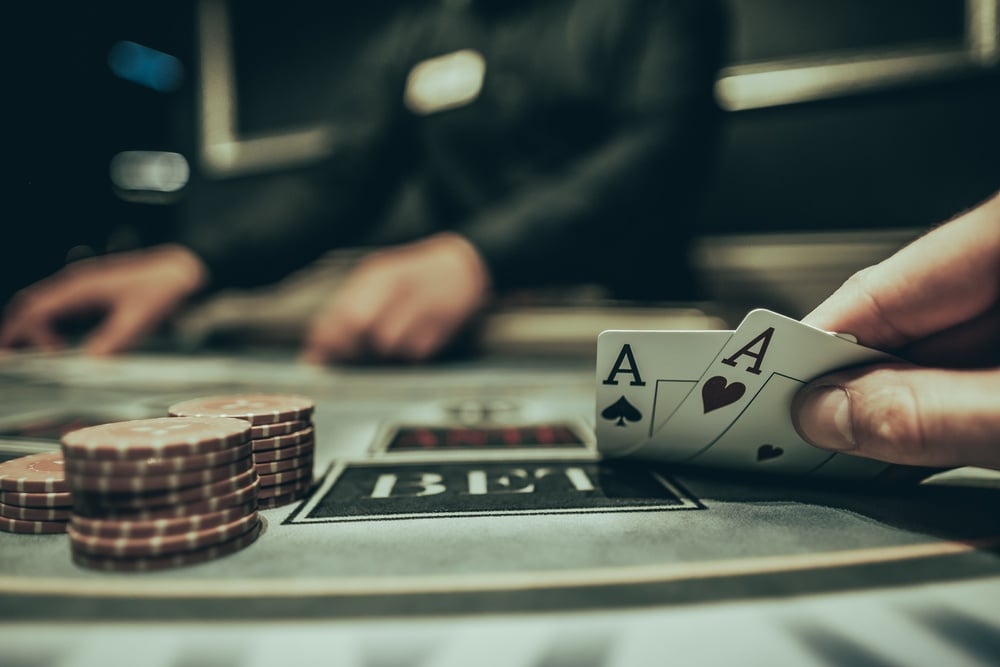Unlocking Better Poker Decisions Through Psychological Mastery
Poker is far more than a contest of cards and calculation-it's a sophisticated mental test that separates the good from the great. While understanding the mathematics and mechanics of the game is important, exceptional poker players set themselves apart by honing their psychological skills. This article explores how sharpening psychological insight can significantly elevate your decision-making abilities at the table, leading to smarter plays and long-term success.
Key Psychological Foundations for Effective Poker Decisions
Before stepping up your game, recognizing the vital psychological ingredients for solid decision-making is essential:
- Pattern Recognition: The ability to quickly identify trends, betting tendencies, and subtle tells in opponents boosts both speed and accuracy in your decisions.
- Analytical Analysis: Interpreting odds, expected values, and long-term profitability keeps your actions rooted in sound reasoning, not gut feelings.
- Mental Flexibility: Adapting strategies on the fly to fit various opponents, table dynamics, and shifting game flows can unlock hidden value and prevent costly mistakes.
- Calmness Under Pressure: High-stakes moments require a cool head and rational thinking; emotional control helps you maintain clarity when the heat is on.
- Learning From Experience: Embracing mistakes, analyzing them calmly, and using feedback creates a continual path toward improvement.

Image Credit: Paopano/Shutterstock
No matter how much you study game theory or memorize statistics, true progress comes when you leverage the full power of poker psychology.
Developing Pattern Recognition for Sharper Reads
Elite poker players regularly process an avalanche of information, spotting repeating trends and interpreting subtle details that many overlook. Boosting your pattern recognition can be transformative, letting you act swiftly and decisively. Here are proven ways to sharpen this skill:
- Thorough Hand History Reviews: After every session, assess your play and your opponents' moves. Identify recurring scenarios or opponent habits so you can anticipate similar spots in real games.
- Observational Analysis: While you're not involved in a hand, watch how others behave. Monitor bet sizes, timing, and emotional cues to recognize signature patterns tied to strength or weakness.
- Utilize Poker Tools: Software such as solvers and equity calculators lets you practice analyzing hand ranges, betting patterns, and game flow outside the stress of a live table.
Image Credit: Bordovski Yauheni/Shutterstock
Over time, these practices build up intuitive, split-second reads based on factual data-not guesses.
Cultivating Analytical Thinking for Consistent Strategy
Data-driven choices form the backbone of profitable poker. While luck is a factor in any hand, decision-making structured by analysis ensures your profits over hundreds or thousands of games. Here’s how to nurture an analytical mindset:
- Leverage Advanced Software: Regularly study with apps like PioSolver or Equilab to break down scenarios, explore bet sizings, and evaluate alternative plays through simulations.
- Understand Hand Ranges: Think in terms of possible ranges for your opponents rather than single hands. Apply this to adjust your actions in each position or betting round, maximizing expected value.
- Focus on the Long Game: Resist the urge to obsess over individual hand outcomes. Evaluate decisions by their profitability over time, knowing variance will even out.
Persistently focusing on these areas creates confidence and removes much of the emotional volatility from your decision process.
Building Mental Flexibility: Adapt and Excel
Poker is unpredictable-no two hands play out exactly the same way. Players who rigidly cling to set strategies can quickly be exploited or left behind as scenarios shift. Building mental flexibility helps you adjust and thrive through the game’s inherent uncertainty.
- Embrace Process-Oriented Thinking: Value the soundness of your decision-making more than the result of any one hand. This focus prevents emotional overreactions to short-term variance.
- Accept Variance: Recognize that swings are part and parcel of poker. Don’t allow losses to impact your future play-trust in your strategy over the long term.
Image Credit: SerdyukPhotography/Shutterstock
Accepting and working with uncertainty rather than fighting it is a defining quality of adaptable, successful players.
Adjusting Rapidly to Opponents and Table Conditions
Each poker session can include a mix of aggressive opponents, tight players, and unpredictable amateurs. Success hinges on your willingness and ability to adapt in real time:
- Classify Opponent Types: Quickly identify whether an opponent is aggressive, passive, tight, or loose. Exploit tight players by bluffing more, while trapping loose, aggressive players when holding strong hands.
- Track Behaviors and Trends: Diligently note betting tendencies and behavioral cues, especially when not directly involved in a hand.
- Switch Strategies Seamlessly: Adapt your playing style, hand selection, and post-flop decisions as the table dynamic shifts. For example, tighten up when players get looser or play more hands, and loosen up when the table is tight and cautious.
- Strategic Hand Adjustments: Context is critical-even premium hands need to be played differently against differing opponent types or board textures.
Maintaining Composure and Clarity When Stakes Rise
High-pressure situations-such as the final table of a tournament or large all-in pots-can rattle even seasoned players. Poker psychology offers tactics to help you stay clear-headed and respond optimally:
- Visualize High-Stress Events: Imagine yourself navigating tense moments calmly, so real-life execution becomes second nature.
- Practice Deep Breathing: Use controlled breathing to lower your heart rate and remain level-headed when anxiety spikes.
- Let Go of Attachments to Outcome: Focus solely on the quality of your decision process, detaching emotionally from whether you win or lose a specific hand.
Image Credit: Bordovski Yauheni/Shutterstock
Remaining calm under pressure is a trait that consistently translates into better decisions and improved performance.
Turning Mistakes Into Momentum: The Power of Reflective Growth
Top poker pros don’t avoid mistakes-they use them to their advantage by treating them as learning fuel. Here’s how to approach errors in an empowering way:
- Objective Post-Session Analysis: Instead of linking a mistake to your self-worth, review the hand logically and dissect what led to the misstep.
- Construct Feedback Loops: After every session, spotlight questionable hands and seek advice from coaches or peers to refine your thought process.
- Adopt a Growth Mindset: Believe that improvement is always possible. A willingness to absorb lessons and modify your approach keeps your game evolving with the competition.
Fostering this resilience ensures each setback translates into actionable improvement, making you a stronger, more flexible competitor.
Poker Psychology: The Blueprint for Enduring Success
While many approach poker as a game of numbers, the enduring winners are those who perfect their psychological approach. Mastery doesn’t arrive overnight-it’s a gradual transformation built upon self-awareness, emotional control, and the drive to constantly adapt and evolve.
Integrate psychological insight into every aspect of your game, from hand selection to post-session reviews, and you will not only see your results improve but enjoy the journey at the tables far more.
Title Image Credit: Nazarovsergey/Shutterstock
















